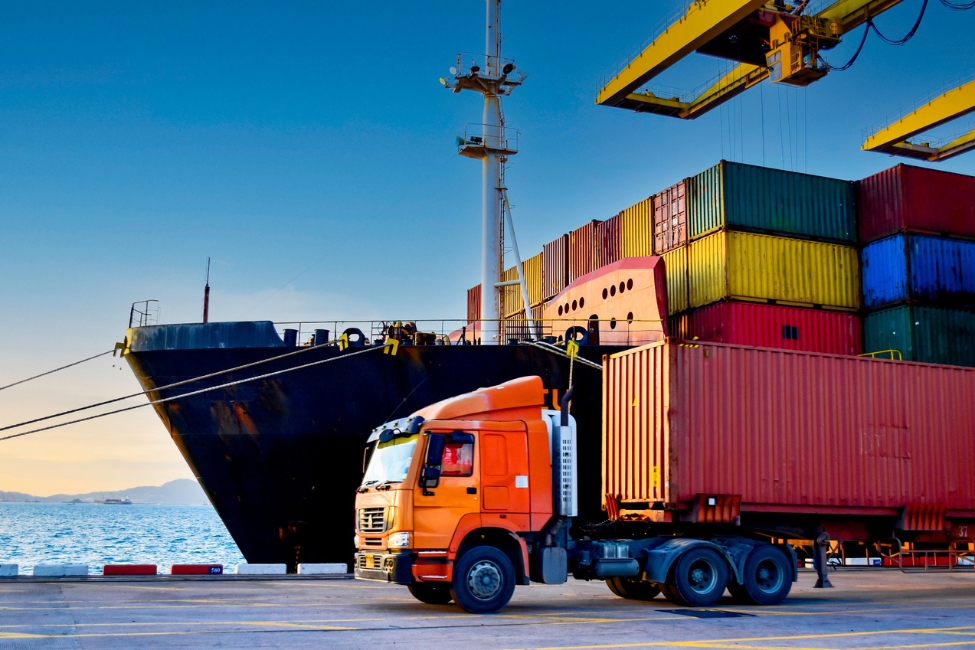FAU Report: Supply Chain Expands to Highest Reading as Tariffs Loom

The logistics industry saw record expansion compared to the past two years, but uncertainties around tariffs and potential economic conditions pose challenges for the supply chain in the coming months, according to researchers at Florida Atlantic University and four other schools.
The logistics industry saw record expansion compared to the past two years, but uncertainties around tariffs and potential economic conditions pose challenges for the supply chain in the coming months, according to researchers at Florida Atlantic University and four other schools.
The January Logistics Manager’s Index (LMI) reads in at 62.0, up (+4.7) from the December 2024 reading. A score above 50 indicates that the logistics industry is expanding, while a score below 50 indicates that the industry is shrinking. This is the fastest reading of expansion in the overall index since June 2022. Five out the eight metrics used to calculate the score saw an increase.
“The incoming U.S. presidential administration has been vocal around what changes they expect to and subsequently have made to the U.S. global trade relationship, and as a result supply chains are required to adopt a nimble and agile footing,” said Steven Carnovale, Ph.D., an associate professor of supply chain management in FAU’s information technology and operations management department.
The LMI, a survey of director-level and above supply chain executives, measures the expansion or contraction of the logistics industry using eight unique components: inventory levels, inventory costs, warehousing capacity, warehousing utilization, warehousing prices, transportation capacity, transportation utilization, and transportation prices. Along with FAU, researchers at Arizona State University, Colorado State University, Rutgers University, and the University of Nevada at Reno calculated the LMI using a diffusion index.
Steady economic growth in the United States over the past six months helped bolster January’s score; increased inventory levels also helped as firm built up their inventory levels to head off any potential added costs due to potential tariffs. Warehousing capacity, on the other hand, dropped to 51.7, signaling that it is near contraction. The drop in capacity led to increased warehousing prices at 73.1, the highest levels since February 2023.
“The decrease in capacity, and subsequent cost increase, is likely the result of two forces intersecting. First, firms knowing that tariffs were looming likely stockpiled goods that were likely to be exposed to the tariffs prior to their announcement/finalization, and second the aftereffects of the holiday season push/return cycle,” Carnovale said. “As the months move forward, watching the split between where and how the capacity/pricing dynamics are shifting between upstream and downstream may serve as a harbinger of things to come."
-FAU-
Latest Research
- FAU Named a National Center of Academic Excellence in Cyber ResearchFAU has been recognized as a National Center of Academic Excellence in Cyber Research by the National Security Agency and its partners in the National Centers of Academic Excellence in Cybersecurity.
- FAU Seeks Participants for Parkinson's, Aging and Mind-Body StudyFAU is recruiting participants for an exciting research study aimed at understanding the effects of Parkinson's disease and normal aging on cognitive performance, exercise ability and the mind-body connection.
- Busted! Engineers Revolutionize Fraud Detection with Machine LearningA new breakthrough outperforms traditional methods by generating accurate fraud labels from large, imbalanced datasets, reducing cases needing further inspection, crucial for Medicare and credit card fraud.
- Photobomb: Shark Cam Captures Ocean Encounter With a Great WhiteIn an unprecedented underwater encounter, a nurse shark equipped with a camera tag has captured footage of a great white shark off the coast of Boynton Beach, delighting FAU marine biologists.
- Engineers Bring Sign Language to 'Life' Using AIFAU engineering researchers have developed an innovative interpretation system using AI, which translates American Sign Language gestures into text in real time with 98.2% accuracy.
- Report: Supply Chain Index Declines as Tariffs Hit EconomyThe economy could be headed for a downturn as the supply chain starts to contract amid tariff policies and rising uncertainty, according to researchers at Florida Atlantic University and four other schools.






